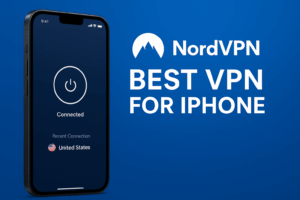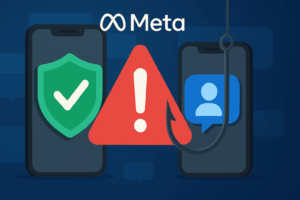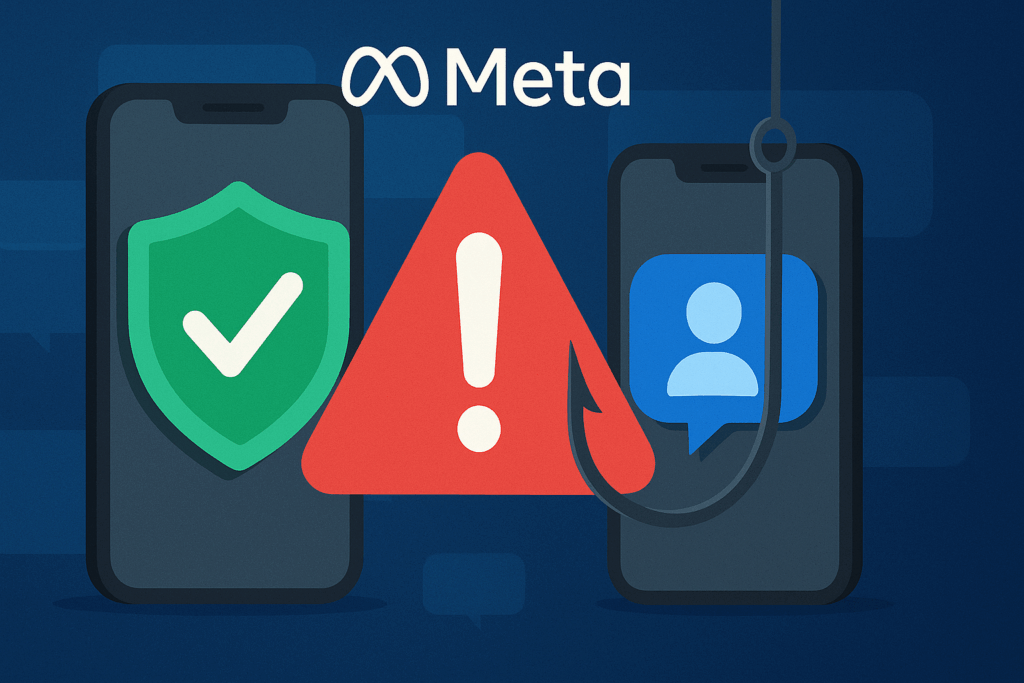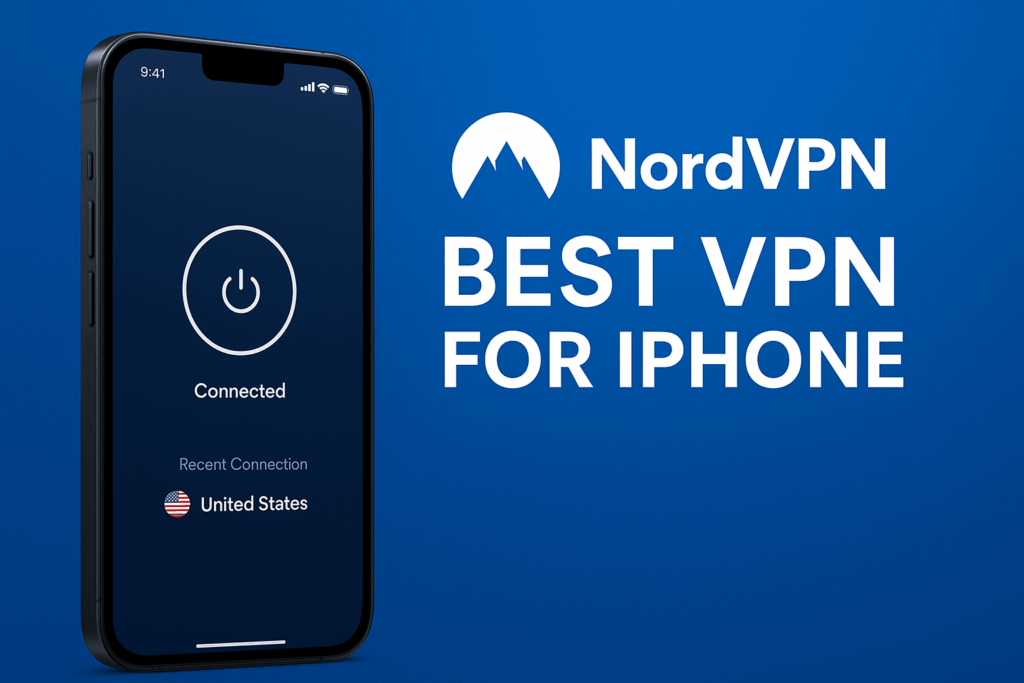In today’s digital world, most of us chat, call, and share photos without giving much thought to who might be listening in. We assume that our private messages are truly private. But the truth is, standard text messages and even many popular chat apps leave digital doors wide open for snooping—whether by hackers, corporations, or even governments. That’s where Signal comes in.
Signal is a free, open-source messaging app designed to put privacy back into your hands. You don’t have to be a cybersecurity expert to use it, and you don’t need to be a journalist in a dangerous country to benefit from it. Signal is built for everyone who values secure communication in their everyday life.
What Makes Signal Different?
Unlike many other messaging platforms, Signal is run by a nonprofit foundation, not a big tech company. That means no ads, no selling of your data, and no hidden business agenda. The app is entirely open-source, which means its code can be inspected by anyone, ensuring there are no secret backdoors.
Most importantly, Signal uses end-to-end encryption. That’s a fancy way of saying that your messages are scrambled on your phone, travel through the internet as gibberish, and can only be unscrambled by the person you’re talking to. Not even Signal itself can see what you write. Imagine putting your message in a locked safe that only your friend has the key to—that’s how Signal communication works.
Features That Put You in Control
Signal isn’t just about sending secret texts—it’s a full-featured messaging platform:
- Private text messages, voice calls, and video chats, all encrypted.
- Disappearing messages, which self-destruct after a time you choose.
- Minimal data collection—Signal stores only the bare minimum (like the date you last connected), nothing about who you talk to or what you say.
- Group chats, also encrypted end-to-end.
- PIN or biometric lock, adding an extra layer of protection.
- Contact verification, so you can be sure the person you’re chatting with is really them.
How Does Signal Compare to Other Apps?
You might be wondering: if WhatsApp and Messenger are already popular, why switch?
- WhatsApp does use end-to-end encryption, but it’s owned by Meta (formerly Facebook), a company with a long history of exploiting personal data.
- Telegram is trendy, but by default many chats there aren’t end-to-end encrypted, and the company’s encryption model has raised questions.
- Messenger, Instagram, and regular SMS are not encrypted at all, meaning your conversations could be read or logged by outsiders.
Signal, on the other hand, has one simple mission: secure communication. It doesn’t rely on your data to make money, so it doesn’t need to compromise your privacy.
Everyday Reasons to Use Signal
Encrypted messaging isn’t just for activists or IT specialists—it makes sense for everyone. Think about the kind of personal information you share every day: family photos, medical updates, financial details, or even passwords you text to your partner. Using Signal ensures those conversations stay just between you and the person you trust.
For families, it’s a way to keep sensitive photos and chats private. For professionals like lawyers or journalists, it’s an essential tool to protect confidential information. But even for the average person, it’s about peace of mind.
What Signal Can’t Do
It’s important to note that Signal isn’t a magic shield. If your phone is infected with malware, for example, an attacker could still read your messages directly on your screen. And Signal only protects communication if both you and the person you’re talking to use it.
But for the vast majority of everyday risks—like companies mining your chats for data or someone snooping on your Wi-Fi—Signal provides strong protection.
Privacy Beyond Messaging: Why a VPN Complements Signal
While Signal protects the content of your conversations, it doesn’t hide your internet activity from your internet provider or other potential trackers. That’s where a VPN (Virtual Private Network) comes in.
A VPN encrypts your entire internet connection, not just your chats. This means that when you’re browsing, streaming, or using apps, your online behavior is hidden from prying eyes. Together, Signal and a VPN provide a powerful one-two punch: Signal secures what you say, and a VPN secures where you go online.
👉 Check out our recommended VPN here – it’s easy to set up, affordable, and adds another important layer of digital privacy.
Getting Started
Signal is easy to install: it’s available for free on the official Signal website, the App Store, and Google Play. Once installed, it works just like any other messaging app. You can even set messages to disappear automatically for added privacy.
If you want to go a step further, you can verify your contact’s identity by comparing security codes, making sure no one is secretly intercepting your conversation.
Signal isn’t about being secretive—it’s about having control. In a time when personal data has become a commodity, Signal offers a refreshing alternative: a simple, powerful app that puts privacy back into the hands of ordinary people.
And when combined with a trusted VPN, you get complete peace of mind knowing that both your conversations and your online activity are kept safe from unwanted eyes.
So whether you’re sharing family moments, planning a surprise party, or just chatting with friends, Signal ensures your conversations stay exactly where they belong—between you and the people you trust.







